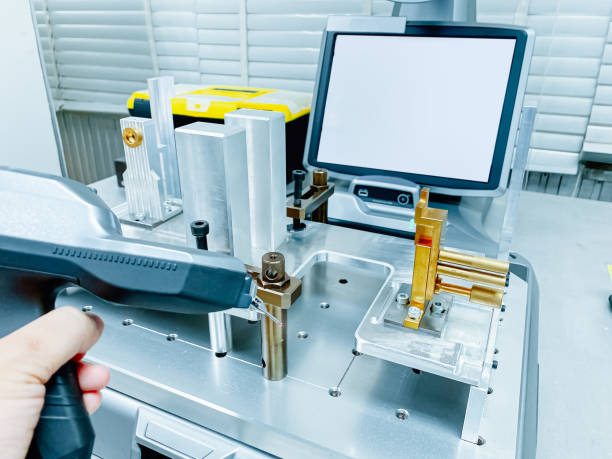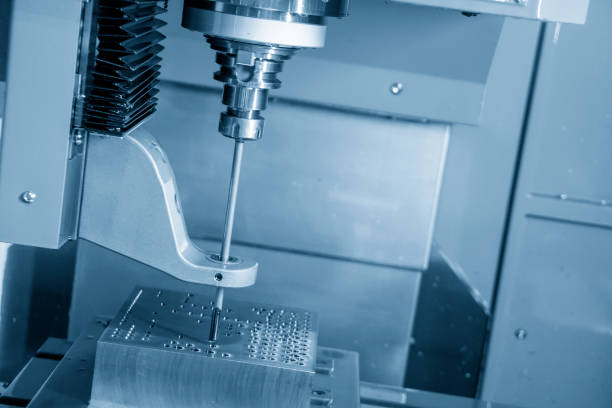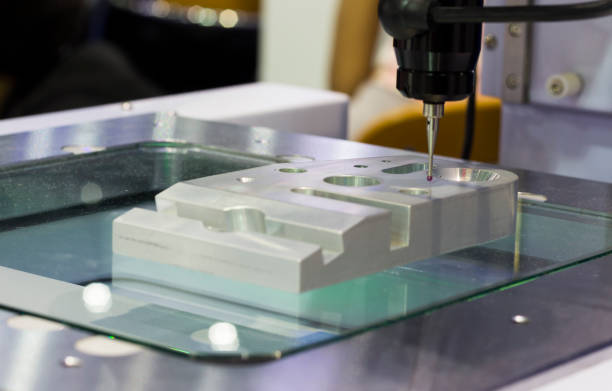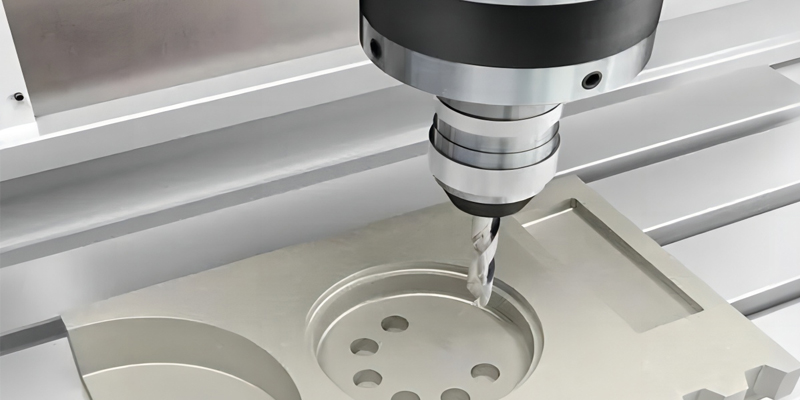- Mar 24, 2025
Prototype machining services have become essential in helping designers and engineers test their concepts before moving to full-scale production. However, one common question arises—can prototype machining services handle complex designs? The short answer is yes, and here’s why. Prototype machining involves using advanced CNC (Computer Numerical Control) machines to create prototypes from a variety of materials. These services allow businesses to test designs, refine concepts, and evaluate performance with high precision before committing to full-scale production. Whether you’re working with metal prototype machining or plastic prototype machining, CNC technology can produce highly detailed, accurate, and functional prototypes.
Handling Complex Designs with Precision
One of the primary advantages of prototype machining services is their ability to work with intricate, complex designs. Traditional prototyping methods, such as manual machining or 3D printing, may struggle with certain levels of detail, but CNC prototype machining can handle even the most challenging geometric shapes and complex features with ease. From small, intricate components to large, multi-part assemblies, CNC machines offer the flexibility to produce parts with complex contours, thin walls, deep pockets, and high tolerances. This capability is crucial in industries like aerospace, automotive, and medical device manufacturing, where precision and design complexity are paramount.
Materials for Complex Prototype Machining
Another benefit of prototype machining services is the wide range of materials that can be used. Whether your design requires high-strength metals like titanium, aluminum, or stainless steel, or lightweight plastics such as ABS or polycarbonate, prototype machining can accommodate virtually any material. Different materials bring different challenges to machining, and experienced providers can ensure the correct machining techniques and tooling are used for each project to handle complex designs effectively.
Achieving High Precision and Accuracy
Complex designs often demand high precision, especially when parts must fit together perfectly or meet strict performance standards. CNC machining excels at delivering high-accuracy prototypes, which is essential for testing form, fit, and function in real-world applications. With automated tools, the chance of human error is reduced, ensuring that the final product matches the design specifications down to the smallest detail.

Reducing Lead Time for Complex Prototypes
Speed is another factor to consider when working with prototype machining services for complex designs. Unlike traditional methods, CNC machines can work continuously and quickly, drastically reducing lead times for producing prototypes. While more intricate designs may require additional setup or tooling, the overall process remains faster compared to older prototyping techniques. This ability to streamline the prototyping process is crucial for businesses aiming to stay competitive in fast-paced industries.

Challenges in Prototype Machining of Complex Designs
Despite its many benefits, there are challenges in prototype machining for particularly complex designs. The primary concern is the cost—more intricate designs often require specialized tooling, multiple machine setups, or more advanced post-processing steps. Additionally, material selection and machining parameters must be carefully chosen to avoid issues such as warping, material deformation, or tool wear. Experienced CNC machining service providers will guide you through these challenges to ensure your complex design is machined successfully.
In conclusion, prototype machining services are highly capable of handling complex designs, offering precision, versatility, and speed. Whether you need metal prototype machining, plastic prototype machining, or prototypes made from advanced materials, CNC technology can bring your most intricate designs to life with high accuracy and efficiency. By selecting an experienced CNC machining service provider, you can ensure that your prototypes are not only accurate but also functional and cost-effective, reducing the time and risk involved in product development.


